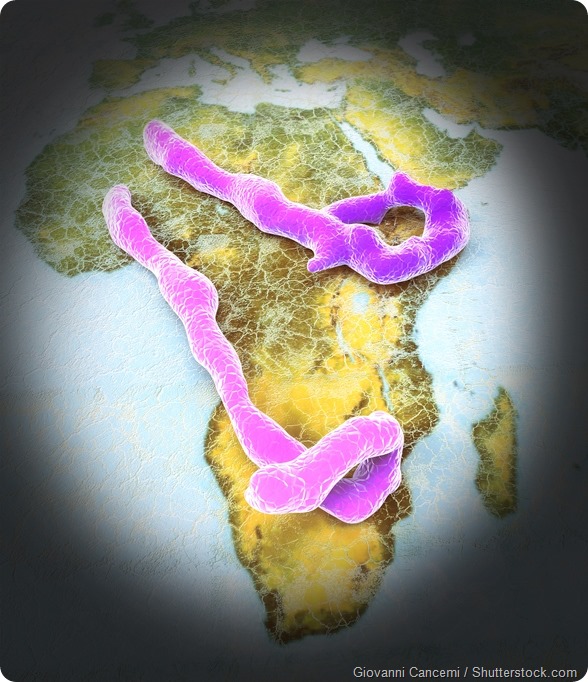International leaders are failing to adequately respond to what is the worst Ebola epidemic in history, announced Doctors Without Borders/Médecins Sans Frontières (MSF) at a United Nations briefing held on Tuesday.
In a speech organized by the World Health Organization (WHO) and UN secretary general, MSF International President Dr Joannne Liu said failure to address the transnational threat has meant the world is losing the battle to contain the virus.
“The clock is ticking and Ebola is winning,” says Liu.
The time for meetings and planning is over. It is now time to act.
So far, the implementation of resources has relied solely on nongovernmental organizations and health ministries, despite many countries having robust mechanisms in place for responding to biological threats. The capacity exists to quickly deploy teams of military or civilian medical professionals to support affected countries safely and efficiently.

“States with the required capacity have a political and humanitarian responsibility to come forward and offer a desperately needed, concrete response to the disaster unfolding in front of the world’s eyes,” Liu announced…
Rather than limit their response to the potential arrival of an infected patient in their countries, they should take the unique opportunity to actually save lives where immediately needed, in West Africa.
Furthermore, a commentary published in The Lancet has pointed at how the crisis could have been avoided if governmental agencies had not failed to ignore WHO recommendations made in 2011. Lawrence Gostin, Director of the O’Neill Institute for National & Global Health Law at Georgetown University says that a Global Health Emergency Workforce backed by a US$100 million contingency fund was proposed. This would have enabled an initial response that was adequate to contain the virus, but a lack of commitment from leaders of high-income countries led to no such action being taken.
However, a dedicated International Health Systems Fund at WHO that could be used to deliver adequate emergency responses and develop enduring health systems would help to rebuild broken trust, suggests Gostin.
Such funding would be a “wise and affordable investment,” he says. “It is in all states’ interests to contain health hazards that may eventually travel to their shores. But beyond self-interest are the imperatives of health and social justice – a humanitarian response that would work, now and for the future.”
Sources